Department of Mechanical Engineering
Currently the Department runs a university approved under graduate programme Bachelors of Technology in Mechanical Engineering. In addition, keeping in view making students industry ready they are being trained for Pro Engineering and C.N.C.. Our students can fetch employment in a variety of Mechanical Engineering related sectors. Regular faculty development programs, seminars and conferences are organized. Students are specially encouraged to participate in industry visits and trainings.
Practical training is only possible when platforms for it are made available. We can boast of the latest of laboratories for the same:
Courses
M.Tech
Eligibility Criteria :A person holding the following qualifications shall be eligible for admission to the programme for the degree of M. Tech. :
Bachelor of Technology or equivalent degree with at least 50% marks in aggregate in the appropriate branch prescribed for admission to M.Tech.Programme of the Punjab Technical University on the basis of merit in GATE examination.
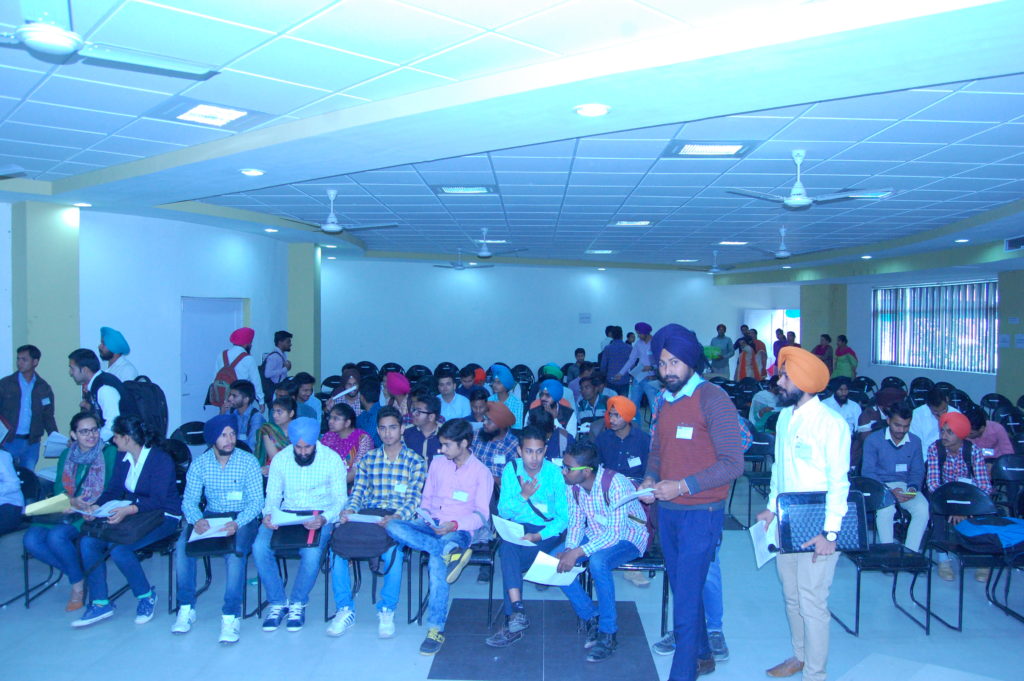
B.Tech
This college is affiliated to Punjab Technical University, Jalandhar and approved by the All India Council of Technical Education (AICTE),New Delhi. This college offers following B.Tech programmes of 4 years duration:
Computer Science & Engineering
Electronics & Communication Engineering
Mechanical Engineering
Information Technology
Civil Engineering
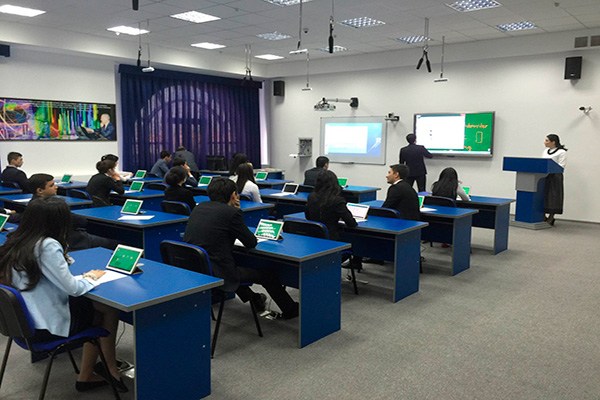
Diploma
Under the aegis of Ram Asra Goyal Education & Research Society and able stewardship of Chairman Shri R. K. Goyal, Asra Group of Institutions has been providing seamless and unlimited growth to its students. The Polytechnic has been setup with the idea of not just imparting technical know-how with hands-on training to the students after matric but also providing them with personal and spiritual growth, thus, giving a competitive edge to them in this plethora of look-alike institutes. ASRA Polytechnic is approved by AICTE (New Delhi), Punjab Govt. & Affiliated to Punjab State Board of Technical Education, Chandigarh. ASRA Polytechnic is combining its legacy of leadership in technology-based education with an expanding emphasis on the pursuit of discovery. In addition to their commercial successes, innumerable ASRA students, faculty and management have combined vision, analytical capabilities and an entrepreneurial way of thinking to change the world for the better through a wide range of important contributions. The Polytechnic offers a range of career-oriented Diploma Programmes in Engineering to ensure that students can move seamlessly to the workplace
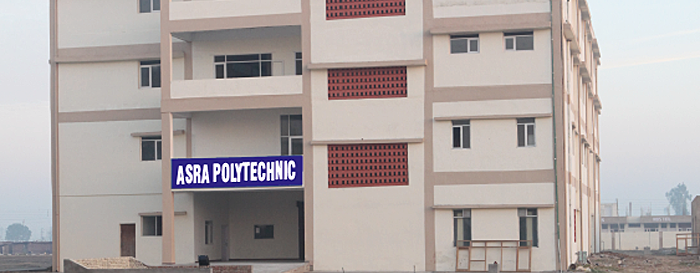
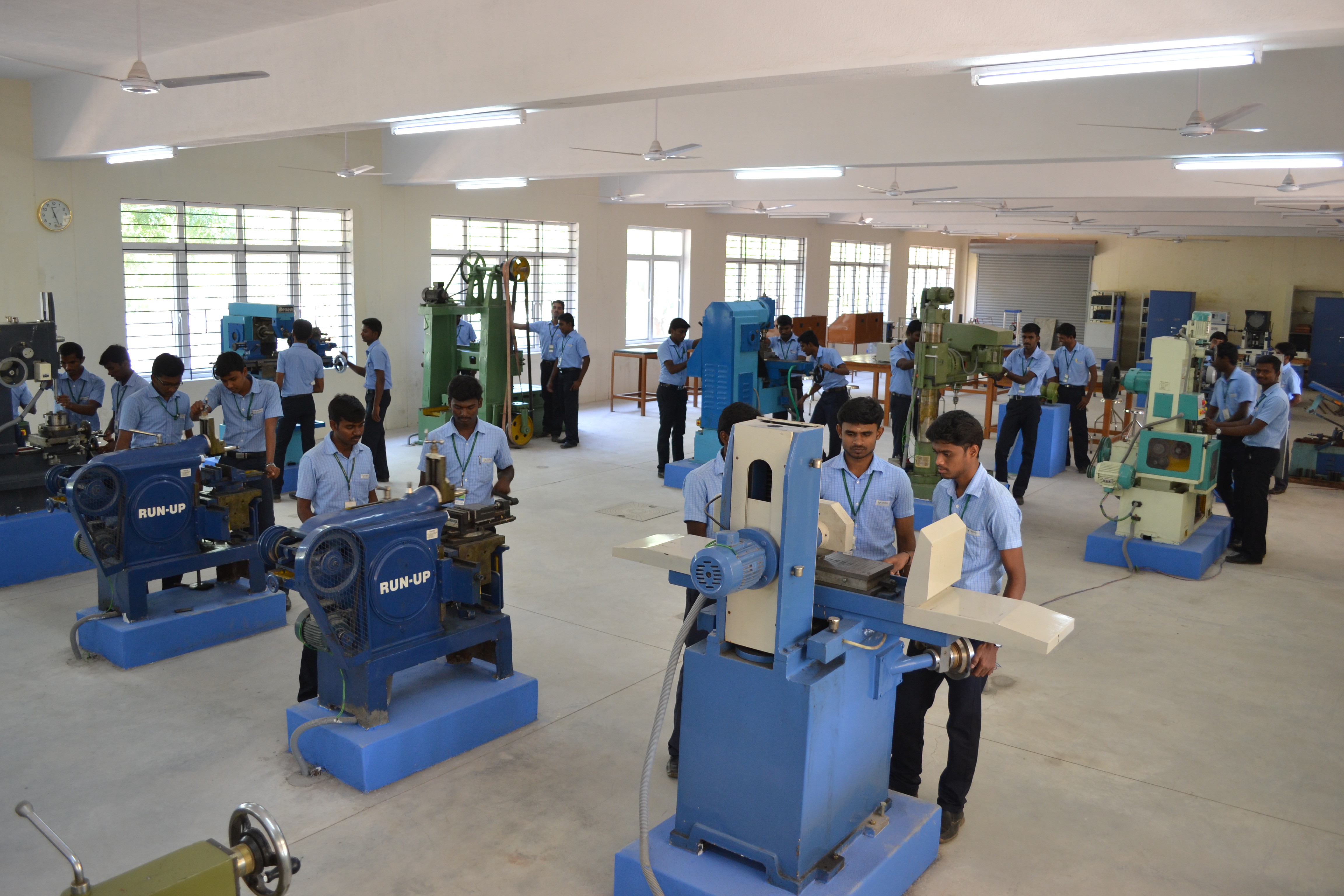
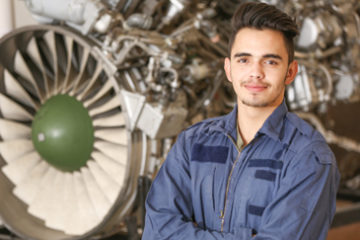
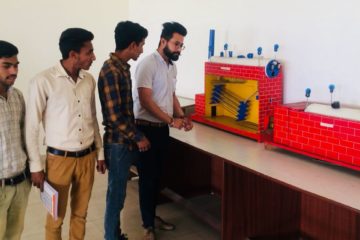
Applied Mechanics Lab
1. In the vast spectrum of Mechanical Engineering, this subject gives a very primitive information in vide application of day to day life with emphasis on the principles and fundamentals involved in the inter-conversion of thermal energy into mechanical energy.
2. The subject also offers a bird’s eye-view to all students about the basics of Mechanical Engineering.
Strength of Material
The course is designed to understand the basic concepts of stress, strain and their variations due to different type of loading. The concept of mechanical properties, Poisson’s ratio, bulk modulus, elastic modulus, modulus of rigidity, combined stress and strain, principal stress, principal plane, bending moment and shear force in beams under various loading conditions, understanding of torsional shear stress in solid and hollow shaft; principal and maximum shear stress in a circular shaft subjected to combined stresses, forces and reactions in frames, stresses in struts and columns subjected to axial load; bending stress, slope and deflection under different loading and supporting conditions.
After studying the course, the student will be able to analyze different stresses, strains and deflection for designing a simple mechanical element e.g. beams shafts, columns and frames under various loading conditions.
The course is designed to understand the concepts of strain energy, resilience, stress under impact loading; shear stress distribution in a beam of various cross sections; stress in curved beams; stresses in helical, spiral, leaf and flat spiral springs; stress and strain analysis of thin, thick cylinder and spheres subjected to internal pressure; various theories of failure. The outcome of the course is to understand the stress analysis in various mechanical members’ e.g. thin and thick cylinders, rotating discs, curved beams and springs under various load conditions. The student will be able to properly analyze and design these mechanical members from the strength point of view.
Theory Of machine
The course under Theory of Machine-I has been designed to cover the basic concepts of kinematic aspects of mechanical machines and major parts used in running of the machines. The students will understand the basic concepts of machines and able to understand constructional and working features of important machine elements. The students should be able to understand various parts involved in kinematics of machines. The students shall also be able to understand requirements of basic machine parts which would help them to understand the design aspects of the machine parts
The students will understand the basic concepts of inertia forces & couples applied to reciprocating parts of a machine. Students should be able to understand balancing of masses and design of gears & gear trains. They will also gain knowledge of kinematic synthesis and different applications of gyroscopic effect.
Manufacturing Process lab
To expose the students to the principles of the metal joining methods with principle of operations and power sources for different welding techniques, process parameters and their effects on joint quality, joint quality checking, weld ability issues. To impart the knowledge on metal cutting mechanics, cutting force, stress, strain etc., effect of process parameters, grinding and abrasive machining techniques. To study metal forming techniques, extrusion, rolling, drawing, and sheet metal forming and shearing operations, some design aspects and knowledge about process behavior.
This course is designed to provide students with an overviewof a wide variety of manufacturing processes for processing of engineering materials. The students will learn principles, operations and capabilities of various metal casting and metal joining processes. They will also learn about the defects, their causes and remedies in these processes.
Upon completion of the course, the students should have the ability to understand the importance of the manufacturing processes and to select a suitable metal casting and metal joining processes to fabricate an engineering product.
This course is designed to make students learn principles, operations and capabilities of various metal machining and metal forming processes. They will understand the importance of process variables controlling these processes. They will also recognize the inter-relationships between material properties and manufacturing processes. Upon completion of the course, the students should have the ability to select different types of the metal machining and forming processes needed for the manufacturing of various geometrical shapes of products.
Material Science & Metallurgy
- To understand the fundamental concepts of crystallography, phase transformation and heat treatment processes.
- To understand the atomic structure of metals, imperfections, diffusion mechanisms and theories of plastic deformation.
- To understand equilibrium diagrams, time-temperature transformation curves and heat treatment processes.
This course is designed to develop fundamental concepts of crystallography, phase transformation and heat treatment processes. The students will learn theatomic structure of metals, imperfections, diffusion mechanisms and theories of plastic deformation.
They will also understand equilibrium diagrams, time-temperature transformation curves and heattreatment processes. Upon completion of the course, the students will be able to understand the concepts of crystal structure, microstructure and deformation. They will also be able to understand the phase diagrams which are useful for design and control of heat treating processes.
Fluid Mechanics
- To understand the behavior of fluids at rest and in motion.
- To understand effects of the fluids on the boundaries of various cross sectional elements.
- To understand analytical abilities related to fluid flow.
- To conceptual understanding of fluids and their properties.
- To understand the concept of modeling, prototype and simulation of fluid elements.
This course is designed for the undergraduate mechanical engineering students to develop an understanding of the behavior of fluids at rest or inmotion and the subsequent effects of the fluids on the boundaries as the mechanical engineers has to deal with fluids in various applications. This course will also develop analytical abilities related to fluid flow. It is expected that students will be able to have conceptual understanding of fluids and their properties, apply the analytical tools to solve different types of problems related to fluid flowin pipes, design the experiments effectively and do the prototype studies of different types of machines and phenomenon.
Material Science & Metallurgy
- To understand the fundamental concepts of crystallography, phase transformation and heat treatment processes.
- To understand the atomic structure of metals, imperfections, diffusion mechanisms and theories of plastic deformation.
- To understand equilibrium diagrams, time-temperature transformation curves and heat treatment processes.
This course is designed to develop fundamental concepts of crystallography, phase transformation and heat treatment processes. The students will learn theatomic structure of metals, imperfections, diffusion mechanisms and theories of plastic deformation.
They will also understand equilibrium diagrams, time-temperature transformation curves and heattreatment processes. Upon completion of the course, the students will be able to understand the concepts of crystal structure, microstructure and deformation. They will also be able to understand the phase diagrams which are useful for design and control of heat treating processes.
Fluid Machinery
To expose the students to the basic fundamentals of Momentum Equation, Euler’s equation for energy transfer, Impact of jets, turbines and pumps.
Applied Thermodynamics Lab
This course is designed for comprehensive study ofcombustion and thermal aspects in internal combustion engines, steam power plants and its allied components. This will enable the students to understand combustion phenomenon and thermal analysis of steam power plant components. The students will be able to identify, track and solve various combustion problems and evaluate theoretically the performance of various components involved in steam power plants and internal combustion engines.
This course is designed for providingcomprehensive understanding and thermodynamic analysis of positive displacement air compressors and thermal turbo machines used in power generation, aircraft, spacecraft and rocket propulsion. The students will be able to understand the thermodynamic working as well as performance of thermal turbo power machinery. They will also be able to select various thermal devices required for aforesaid applications.



